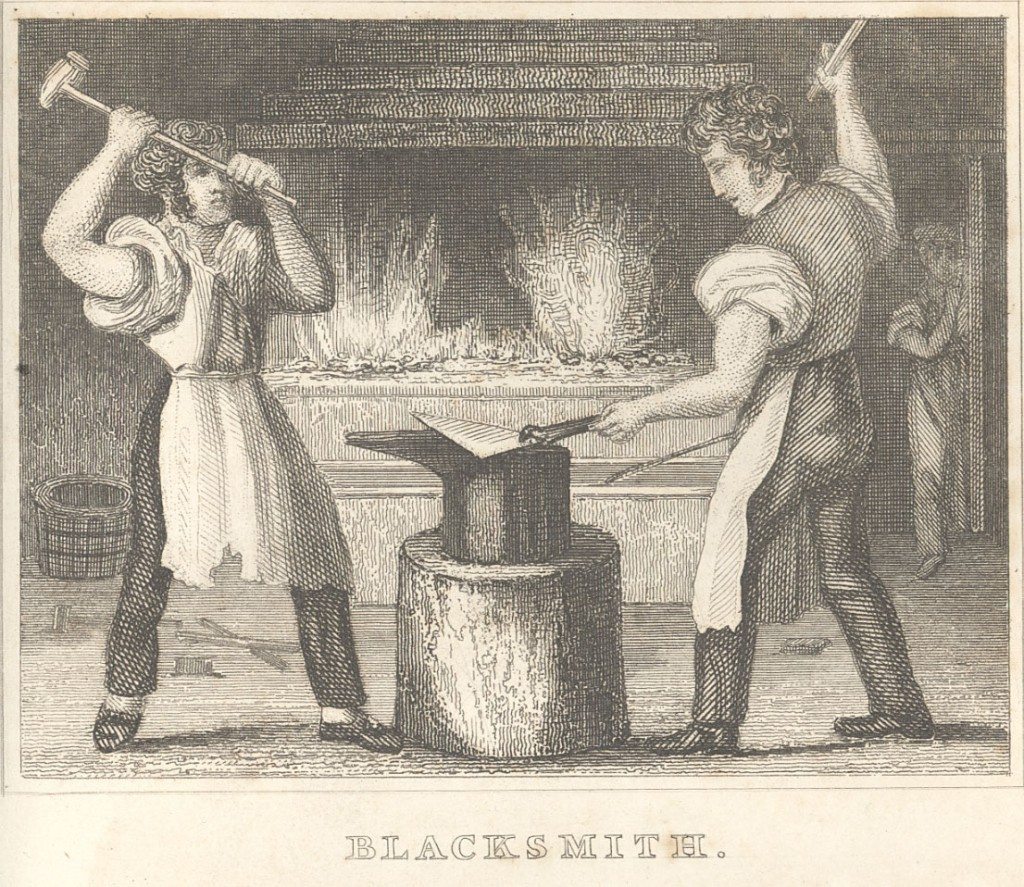Ramble of the Gods through Birmingham. A Tale, James Bisset
Image: Blacksmith, N Whittock et al, The Complete Book of Trades (London, Marshall and Co., 1837)
Image from: Science, Technology and Management, Birmingham Central Library
…… Apollo, God of Song and Wit;
…… Mercury, and …… Bacchus ……
…… leave of absence ask’d of Jove, ……
To Britain’s Isle, with speed, they bent their flight,
And lighted here, ……
Old Vulcan’s Smithy soon, with ease, they found,
Directed by the thund’ring anvil’s sound; …… (pages 21-22) 11
James Bisset, museum owner and entrepreneur, published his Ramble of the Gods in 1800. It is to be found in the same volume as his A Poetic Survey Round Birmingham, acompanied by a Magnificent Directory; with the Names, Professions, & c. superbly engraved in Emblematic Plates. This last is a trade directory for Birmingham. Both poems, and their footnotes, further advertise the town.
In Ramble of the Gods, Vulcan shows his Olympian visitors around Birmingham. He tells them details of the constables, the courts, churches, charities, hackney coaches, banks, fairs and markets. Various manufacturing industries are described and products praised, and the factory locations and names of some owners are given. Despite the great use of coal, ‘Old Vulcan’ insists: ‘The atmosphere we breathe is clear and pure. / The num’rous Fires … / expel all Vapours, purify the Air’.
The poet also reports that when ‘Buckles…/…by Sprigs of Fashion’ were ‘deem’d ‘a Bore’./…/… thousands, by that Word, their bread have lost.’
While loss of the buckle trade is regretted, the poet’s enthusiasm for the great production of other ‘toys’ in this ‘Toyshop of the World’ is partly because it:
Then occupied the time of men and boys,
And blooming girls ……
That twice their ages join’d, was scarce fifteen,
Sent by their parents out, their bread to seek, ……
And many women, too, …
With children on the lap, ……
An honest livelihood intent to gain, …… (page 33)
More than Darwin in his Botanic Garden, Bisset here seems positively enthusiastic about child-labour. In a footnote he writes that five-year-olds were often sent out to work; he regrets the loss of opportunity for education, but adds that for ‘some thousands’ this has now been rectified by the introduction of Sunday Schools. Through Bisset child-labour is also given an Olympian stamp of approval. Having observed the workers, the Gods, ‘Charm’d with the sight’, ‘seem’d, with admiration, quite subdu’d’. This poem by Bisset is, in its detail and overall, an advertisement to promote the industry and commerce of the still-growing Birmingham.
1 James Bisset, Ramble of the Gods through Birmingham, pages 21-36, A Poetic Survey Round Birmingham; accompanied by A Magnificent Directory…’, printed for the Author, Birmingham, 1800.
« Previous in this sectionNext in this section »Continue browsing this section
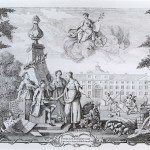 Poetry and the Industrial Revolution in the West Midlands c. 1730-1800
Poetry and the Industrial Revolution in the West Midlands c. 1730-1800
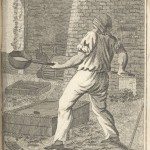 The Cyclops: Addressed to the Birmingham Artisans, Anonymous
The Cyclops: Addressed to the Birmingham Artisans, Anonymous
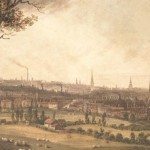 A Letter from a Mechanick in the busy Town of Birmingham, to Mr. Stayner, a Carver, Statuary, and Architect, in the sleepy Corporation of Warwick
A Letter from a Mechanick in the busy Town of Birmingham, to Mr. Stayner, a Carver, Statuary, and Architect, in the sleepy Corporation of Warwick
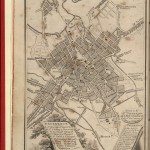 Answer to Dardanus’s
Answer to Dardanus’s
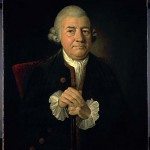 Industry and Genius; or, the Origin of Birmingham. A Fable
Industry and Genius; or, the Origin of Birmingham. A Fable
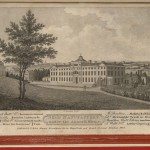 Labour and Genius: or, the Mill-stream, and the Cascade. A Fable
Labour and Genius: or, the Mill-stream, and the Cascade. A Fable
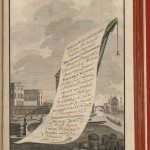 Inland Navigation, An Ode. Humbly Inscribed to The Inhabitants of Birmingham, And Proprietors of the Canal
Inland Navigation, An Ode. Humbly Inscribed to The Inhabitants of Birmingham, And Proprietors of the Canal
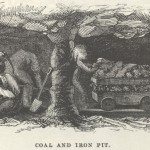 Edge-Hill: a Poem, in four Books
Edge-Hill: a Poem, in four Books
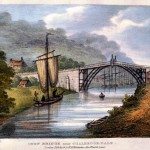 Colebrook Dale
Colebrook Dale
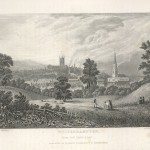 The Life and Lucubrations of Crispinus Scriblerus
The Life and Lucubrations of Crispinus Scriblerus
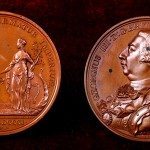 The Botanic Garden, Erasmus Darwin
The Botanic Garden, Erasmus Darwin
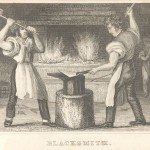 Ramble of the Gods through Birmingham. A Tale, James Bisset
Ramble of the Gods through Birmingham. A Tale, James Bisset
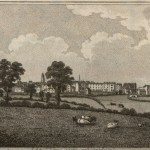 Rural Happiness. To a Friend and Moonlight: in the Country
Rural Happiness. To a Friend and Moonlight: in the Country



